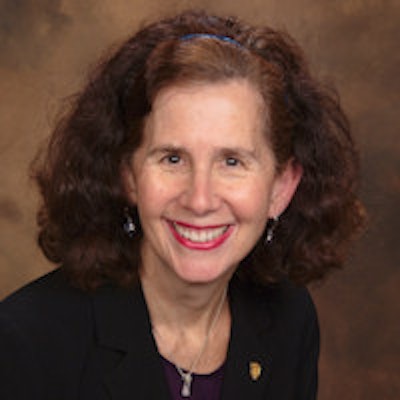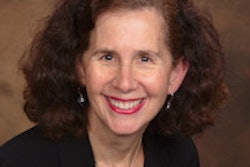
"Why wasn't my daughter's school exam covered? Are you out-of-network?"
Those of us who take assignment for dental benefit payment will hear those two common questions. We had a mom of a new patient child call this week to ask those exact questions.
 Sheri B. Doniger, DDS.
Sheri B. Doniger, DDS.We looked at the initial denial of the dental benefit and found that the patient's father's contract did not pay anything. The message generated was "This is the secondary coverage." Usually, when we receive this message, we will send a claim form to the primary benefit company. After the primary pays its contracted amount, we send the claim form for the secondary coverage.
Today, it is common for a child to have two parents with dental benefits. Checking the child's information, both contracts' data were correctly entered, with the appropriate contracts assigned to the specific parent. The issue was not the contract number (or, as the mother thought, our nonparticipation in network services), but the dental benefit's birthday rule.
If two parents have dental coverage, the primary insurer will be the parent with the earliest birth date. In this situation, the mother's birthday was April 27 and the father's birthday is April 30. In this case, the father's coverage was secondary. It was a simple error in our data entry that we corrected and regenerated the claim form. I realize some offices would just shift this back to the patient, but our office considers this part of the service we provide for a patient.
“We cannot control where our patients are treated. If they are are driven by money, no matter how great the service or care they receive in our practices, they will go toward the lower costs.”
When a claim is denied, patients' first reaction is to question the practice's participation in their network. For this instance, had the patient's mother read the explanation of benefits denial information, she would have realized we were waiting for her primary coverage to be paid. As it turned out, we were not in her network. This gets into a true discussion on the different rates of pay for in-network and out-of-network coverage. Sometimes the difference is negligible.
In this mother's case, the deductible and the yearly out-of-pocket benefits were the same. After a 30-minute discussion on the differences and the benefits of staying in a "known" practice as opposed to an unknown one, we will now have to wait for her to contact her benefit company to let us know if she should stay with us. Undoubtedly, the benefit company would want to serve its own network of dentists, so its advice will be to change dentists.
We cannot control where our patients are treated. If they are driven by money, no matter how great the service or care they receive in our practices, they will go toward the lower costs. It is unfortunate, but it is truly a sign of the times.
Sheri B. Doniger, DDS, practices clinical dentistry in Lincolnwood, IL. She is currently vice president and president-elect of the American Association of Women Dentists and editor of the American Association of Women Dentists "Chronicle" newsletter. She has served as an educator in several dental and dental hygiene programs, has been a consultant for a major dental benefits company, and has written for several dental publications. You can reach her at [email protected].
The comments and observations expressed herein do not necessarily reflect the opinions of DrBicuspid.com, nor should they be construed as an endorsement or admonishment of any particular idea, vendor, or organization.


















